Prime Minister Narendra Modi, Defence Minister Manohar Parrikar and Chief of Naval Staff Admiral R. K. Dhowan onboard INS Vikramaditya on Dec. 15, 2015. An Indian Navy photo
KOCHI (PTI): Stating it was "sad" that many defence reform measures in the past have not been implemented, Prime Minister Narendra Modi has identified reforms in the Armed Forces as a priority while pitching for a military that is agile, mobile and driven by technology, not just human valour.
He also called for "jointness at the top" and for senior military commanders to have a wide range of experience while stressing on the need for developing capabilities to win swift wars as the "the luxury of long-drawn battles" will not be there in the future.
Modi said that at a time when major powers are reducing their troop strength and relying more on technology, India is still constantly seeking to expand the size of its forces.
"Modernisation and expansion of forces at the same time is a difficult and unnecessary goal," he said, addressing the country's top military commanders on board aircraft carrier INS Vikramaditya in Kochi on Tuesday.
The Prime Minister, who witnessed an operational demonstration of India's naval and maritime air capabilities while attending the annual Combined Commanders Conference, said the country needs forces that are agile, mobile and driven by technology, not just human valour.
"We need capabilities to win swift wars, for we will not have the luxury of long-drawn battles. We must re-examine our assumptions that keep massive funds locked up in inventories," he said.
Stressing that India must be ready for the present and prepare for the future, he said the country was confident that its defence forces are prepared to deter and defeat any misadventure.
"Our strategic deterrence is robust and reliable, in accordance with our nuclear doctrine, and our political will is clear," he said.
Stating that the country has been slow to reform the structures within the armed forces, he added, "We should shorten the tooth-to-tail ratio. And, we should promote jointness across every level of our Armed Forces.
"We wear different colours, but we serve the same cause and bear the same flag. Jointness at the top is a need that is long overdue."
Pitching for reforms, including in senior defence management, he further said, "It is sad that many defence reform measures proposed in the past have not been implemented. This is an area of priority for me."
Defence Minister Manohar Parrikar, National Security Advisor Ajit Doval, all three Service chiefs and other senior officers of the Army, Navy and Air Force attended the meet where Modi was briefed about military issues.
The Combined Commanders' Conference is a forum at which India's defence policy, doctrine and operational challenges are discussed in detail.
The Prime Minister said that senior military leaders must have experience of tri-service commands and the technology- driven environment along with exposure to the full spectrum of challenges -- both strategic and ones dealing with terrorism.
"We need military commanders who not only lead brilliantly in the field, but are also thought leaders who guide our forces and security systems into the future.
"We should learn from the experience of others, but must frame our systems and commands by our own genius," said Modi.
He also called for a comprehensive strategy for external defence engagement to develop our capabilities and fulfil our responsibilities to advance peace and stability, including in our extended maritime region.
On the issue of needed improvements, Modi said that while he has seen progress in the course of the past year, he feels that the forces and the government need to do more to reform their beliefs, doctrines, objectives and strategies.
"We must define our aims and our instruments for the changing world," he said.
The government wants to see clear targets and goals on domestic acquisition along with more clarity on specifications and greater involvement of forces in innovation, design and development, especially from those who wield the weapons in the field, he added.
"Above all, we look to our Armed Forces to prepare for the future and it cannot be achieved by doing more of the same, or preparing perspective plans based on outdated doctrines and disconnected from financial realities," he said.
Modi said he is aware how an officer in the prime of his youth feels when he does not make the next grade, not because he was not outstanding or was less deserving, but because the room above was small.
"So, to honour your service and uphold your welfare will always be our solemn duty. For this reason, we have moved with speed to implement the One Rank, One Pension promise that had remained unfulfilled for decades. And we will build the National War Memorial and Museum that you so richly deserve in the heart of our nation's capital," he said.
Amidst the Prime Minister's thrust on reform, one key measure in this regard that is still in the works is the creation of the post of Chief of Defence Staff (CDS), which was recommended by a Group of Ministers in 2001.
Subsequently, the Naresh Chandra Task Force had in 2012 recommended that a post of Permanent Chairman Chief of Staff Committee be created. Both proposals are under consideration of the government.
Modi also paid tributes to internal security forces, saying that their valour and sacrifice defeats terrorism in Jammu and Kashmir, reduces Left-Wing Extremism and keeps the northeast more peaceful.
He further complimented the negotiators for bringing new hope in the long-standing Naga problem.
He said there is new intensity and purpose in our foreign policy and the country has strengthened traditional partnerships with Japan, Korea and the ASEAN group.
Referring to Russia, Modi said that the country has always been a source of strength and remains important for our future as well.
As for the United States, the Prime Minister said "we have advanced our partnership in a comprehensive manner, including in defence".
He added that India's "strategic partnerships in Europe have deepened".
Modi further said that India remains committed to helping the Afghan people build a united, peaceful, prosperous and democratic nation.
He said the government was advancing the pace of expansion of border infrastructure and improving the mobility of the forces and equipment. That includes creating strategic rail network in the border region.
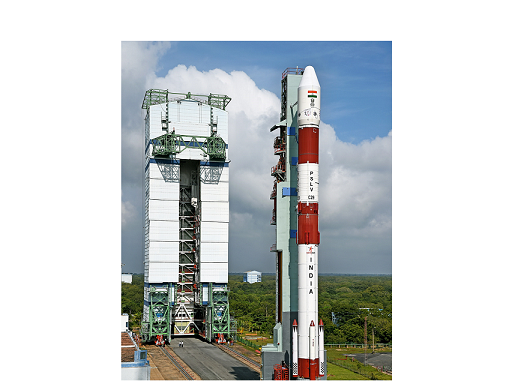 Previous Article
Previous Article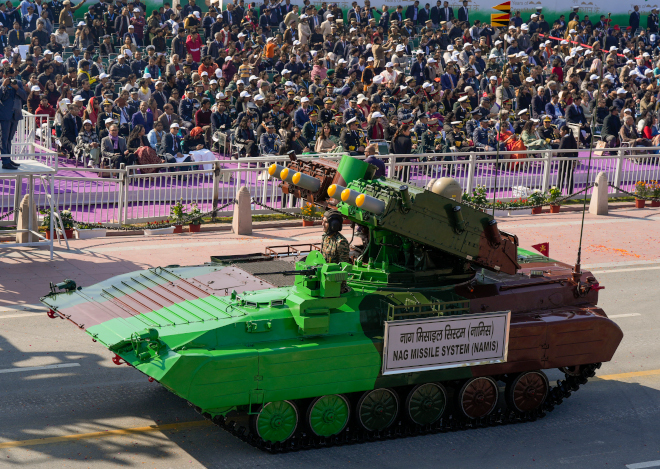
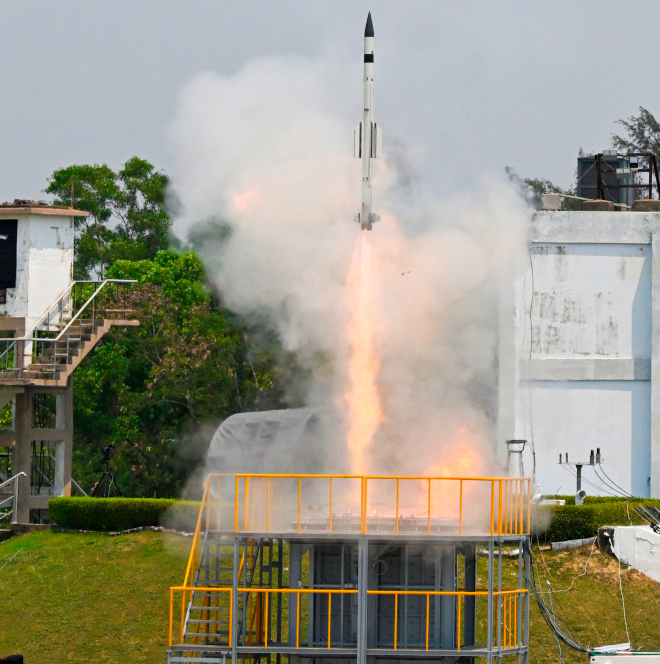
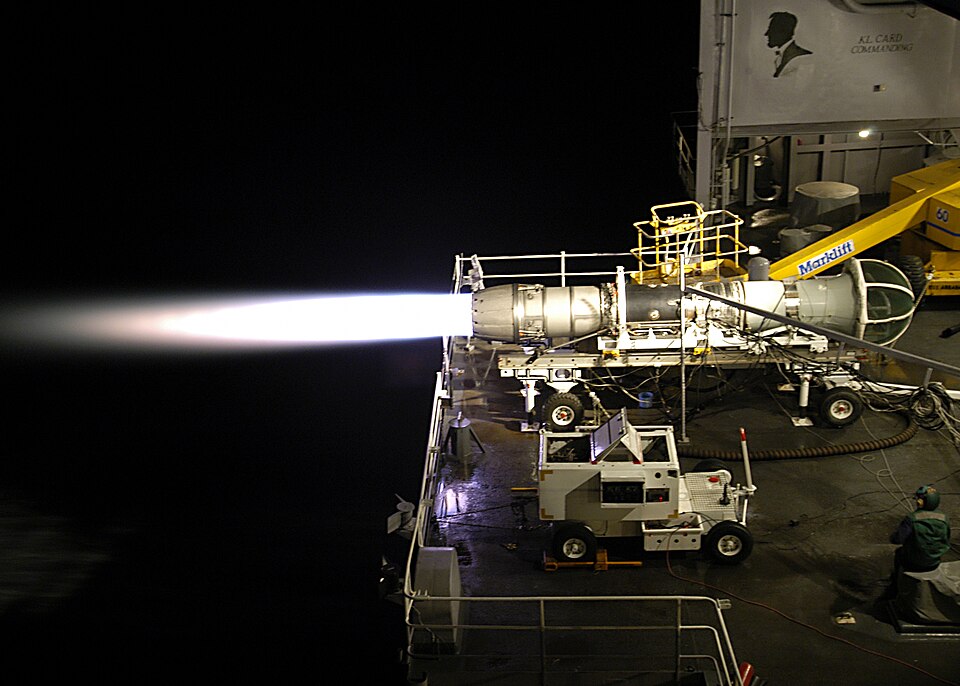
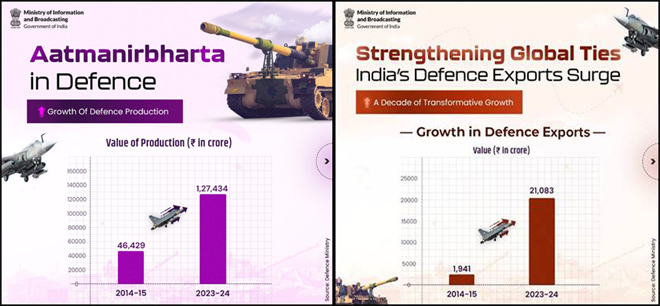










The Indian Air Force, in its flight trials evaluation report submitted before the Defence Ministry l..
view articleAn insight into the Medium Multi-Role Combat Aircraft competition...
view articleSky enthusiasts can now spot the International Space Station (ISS) commanded by Indian-American astr..
view article